'Football attitudes lag behind cricket's,' says ex-Liverpool doc minding Aussie Ashes stars
Peter Brukner is currently patching up the Baggy Green cricketers doing battle against England, but before that he was rushing through Andy Carroll's Reds medical at the 11th hour...
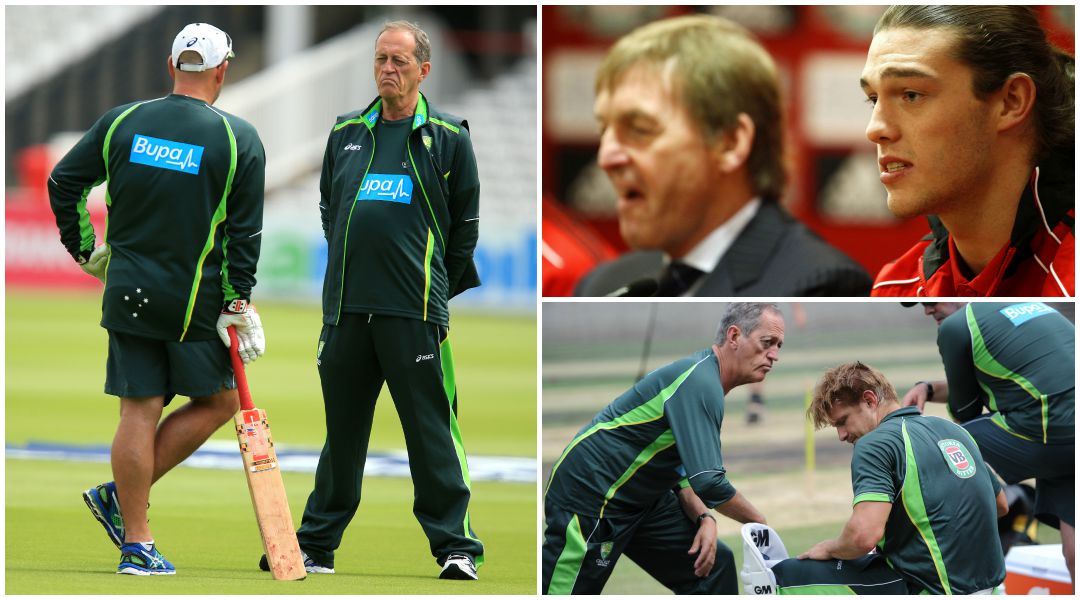
Andy Carroll might find himself doing a double take if he switches on the telly to catch up with the Ashes action this month – because a familiar face will be lurking on the Aussie dressing room balcony.
Peter Brukner, the Australian team doctor, is currently charged with maintaining the health of panto villains Mitchell Johnson, Michael Clarke & Co., who are currently slogging it out with England in this summer's Ashes.
Not too long ago, though, Brukner was giving Carroll the once-over at breakneck speed as Liverpool looked to complete his £35 million move from Newcastle before the deadline clock ticked past 11pm in January 2011.
That eye-watering figure eventually equated to £5.8m for every Premier League goal netted by the pony-tailed giant, although Brukner can hardly be blamed for the current Hammers’ striker’s impotency in front of goal during his brief and injury-disrupted stay on Merseyside.
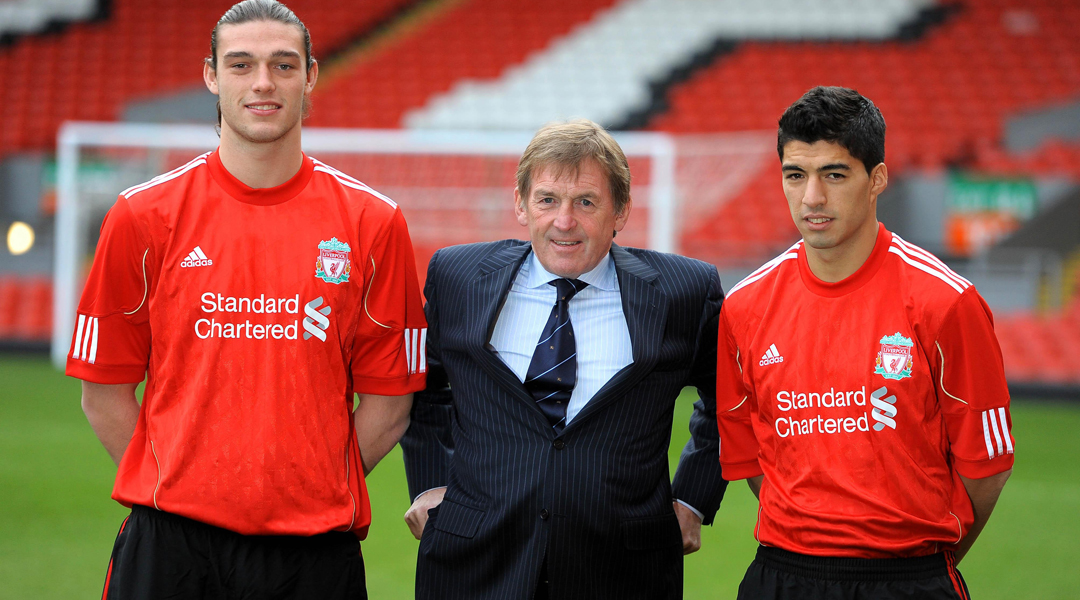
For the Aussie it merely served to emphasise the kind of pressure that Premier League backroom teams have to cope with in world football’s most competitive league – particularly as the transfer window is about to slam shut.
“It’s certainly a night I’ll never forget,” he tells FFT. “Of course, everyone says it shouldn’t come down to the last day or the last night but one or two always do - that was one of them, it was a quite astonishing day.
“We like to have a full day to do the medical and get all the tests done but I think Andy only turned up at six in the evening, with a deadline of 11pm to get it sorted by.
Get FourFourTwo Newsletter
The best features, fun and footballing quizzes, straight to your inbox every week.
“It was all pretty rushed but we got everything done and made the decision. From a medical point of view, it was probably the right decision – and the other aspects aren’t my department.”
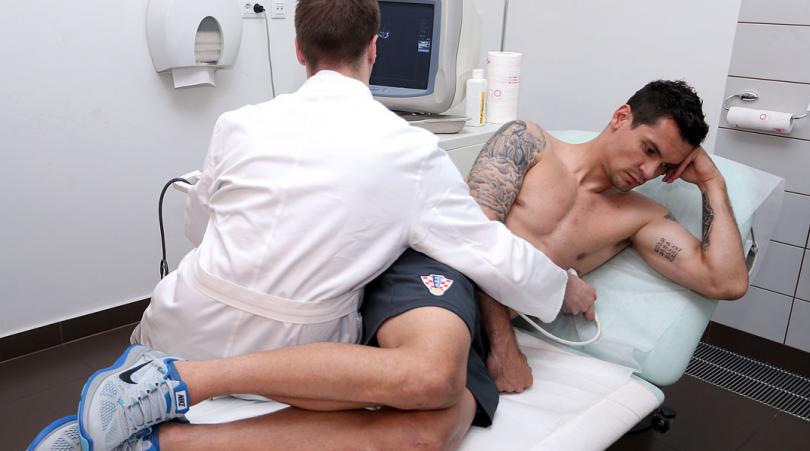
Redline
Brukner was initially brought to Anfield by Rafa Benitez, but by the time he arrived at the club the Spaniard was gone, with Roy Hodgson stepping into his Spanish size nines. It was a situation which mirrored his appointment as the head doctor to the Australian cricket team.
“I had been appointed by Mickey Arthur but as soon as I arrived in England (for the 2013 Ashes series), Mickey had gone and Darren Lehmann had come in and taken his place,” says Brukner.
“I was there with a lot of the other backroom staff wondering if I was going to have a job the following day. That, I guess, is just the nature of sport. It’s the same with football, the same with cricket, the same with pretty much every sport I’ve ever worked with.”

Brukner’s time at Liverpool was a mixed one, with Hodgson’s ill-fated reign ending shortly before Kenny Daglish decided to splash the cash on Carroll in a bid to lift the club’s faltering fortunes.
It wasn’t only a time of change on Merseyside, though, as Brukner explains.
“The last few years have really seen some shifting attitudes in the Premier League,” he says. “Clubs are more aware that sports science (departments) aren’t there to stop their players from playing, they’re there to improve performance and help players' rehab better than ever before.
“It was an interesting experience at Liverpool. In a way, cricketers are happier to be guided by what we say. They’re more compliant, they’ve got a good culture and they’re happy to do all those little ‘one percenters’ that contribute to both performance and injury prevention.
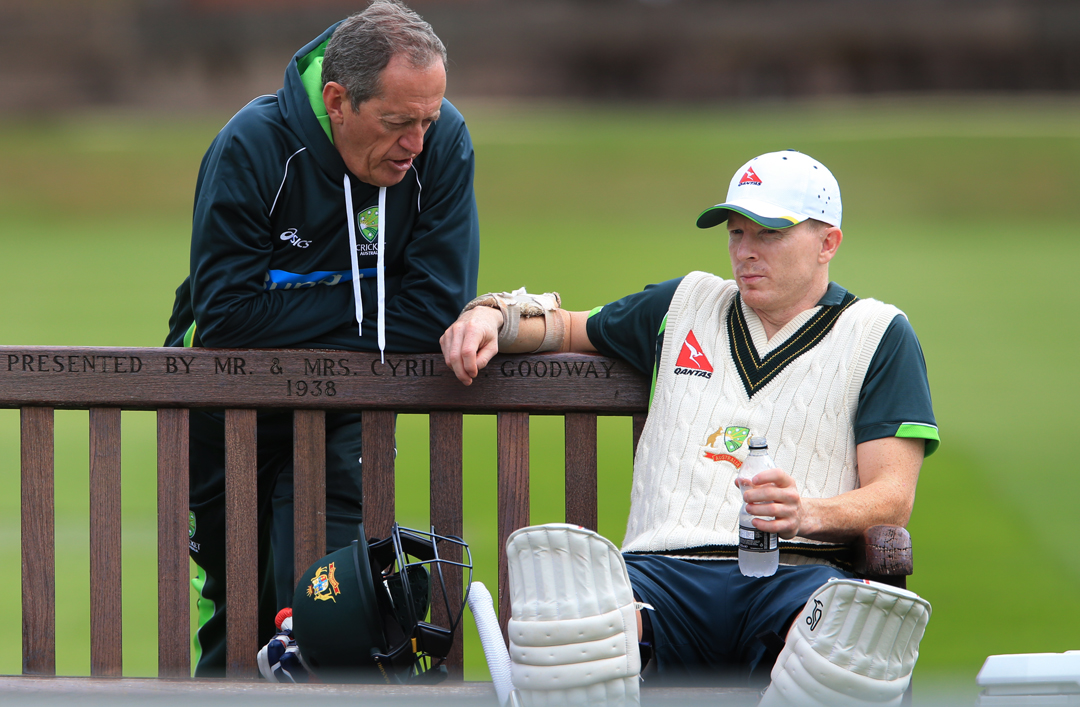
“It’s much harder to sell the whole concept of injury prevention to the football world. They’re still a little bit behind in that area. When I arrived at Liverpool, there wasn’t a good gym culture or a culture of injury prevention; the monitoring and so on wasn’t really happening.
“That was one thing we brought in and that gradually changed and caught on. There was a shift from ‘this is how we’ve always done it’ to ‘how can science help us to maximise these players’ performance and minimise their injury risk’.”
Tragic turns
Brukner’s time at Liverpool also coincided with Fabrice Muamba’s collapse while playing for Bolton against Spurs at White Hart Lane – an incident which cast a lengthy shadow over the English game.
Muamba was essentially dead for 78 minutes and received 15 shocks in a bid to revive his failing heart. The efforts of the medical staff in north London on that March night were ultimately responsible for the Bolton midfielder’s survival.
“It’s one of those things that always stays with you,” says Brukner. “I was watching it on TV and it was really one of those moments you’ll always remember where you were. We seem to be getting more and more significant injuries in sport, more collapses, more sudden deaths. Perhaps it’s something that we’re simply becoming more aware of, but there has certainly been a number over recent times.
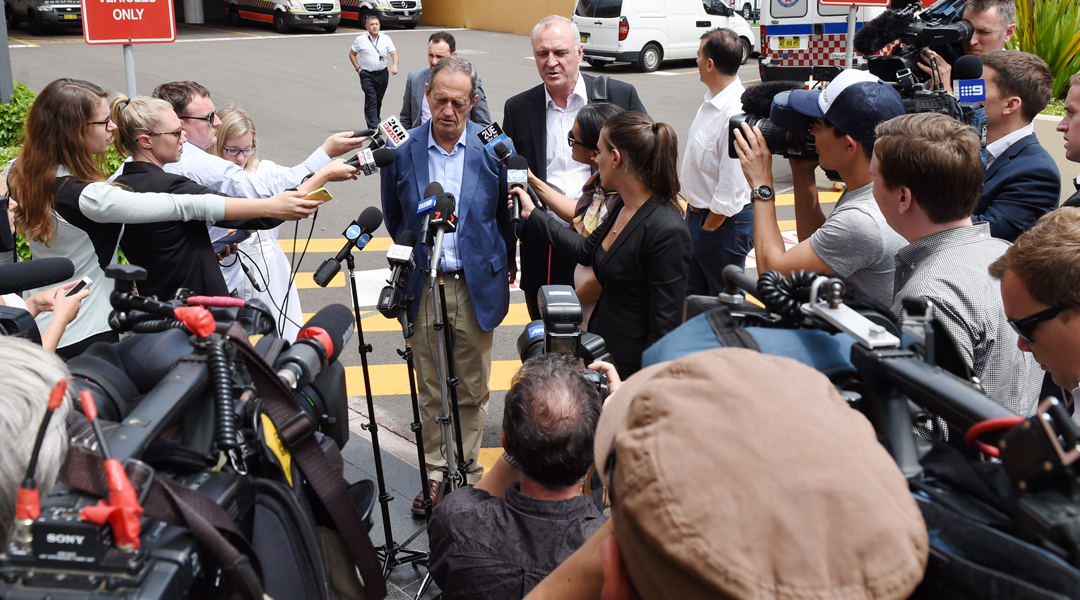
“Cricket has always been regarded as a very safe sport and, generally, that’s the case. I think that’s one of things that shocked so many people when Philip Hughes died late last year (after receiving a blow to the head in a Sheffield Shield game in Sydney).
“In the same way what happened to Fabrice had a huge impact on football and really showed just what a crucial role team doctors play, although events like the one at White Hart Lane are mercifully rare.”
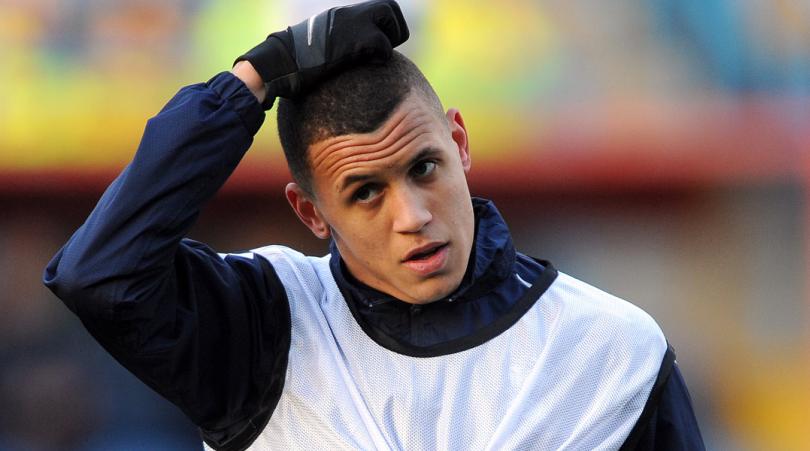
On the road
Now, having left Anfield in April 2012 as part of a shake-up that also saw Damien Comolli exit (then the club’s director of football), Brukner is ideally placed to identify the major differences between the Premier League high-rollers and the cricketers who are carrying the hopes of a nation in this summer’s topsy-turvy Ashes series.
“Players are players and there’s a player equivalent in every team in every sport in the world,” he says. “Some will exaggerate every minor injury; there are all types in every team – whether it’s your local pub side or a massive club like Liverpool.
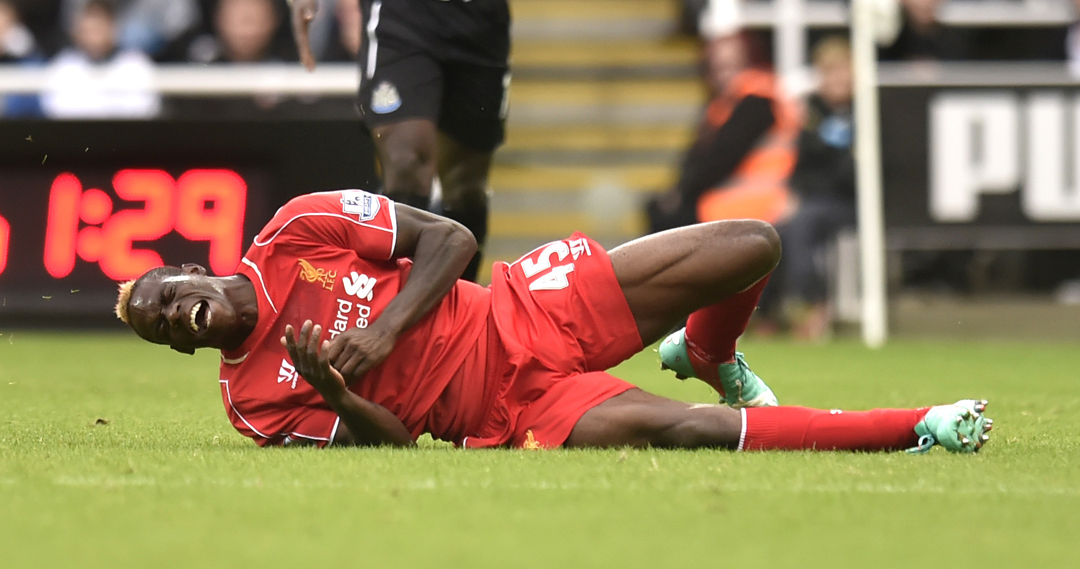
“There are a lot of similarities and a lot of differences between the two sports, I guess. With Australia it’s like family really. I’m on the road during the current period for about 280 days so you’re with these people a lot of the time.
“With football it’s more transient - you have people coming and going from one season to the next.”
The comings and goings at Anfield this summer mirrored the toing-and-froing of England’s batsmen trotting mournfully to and from the pavilion en route to a massive defeat at Lords against Brukner’s boys in the second Test. Both Liverpool fans and the Barmy Army will hope there are better days ahead.
